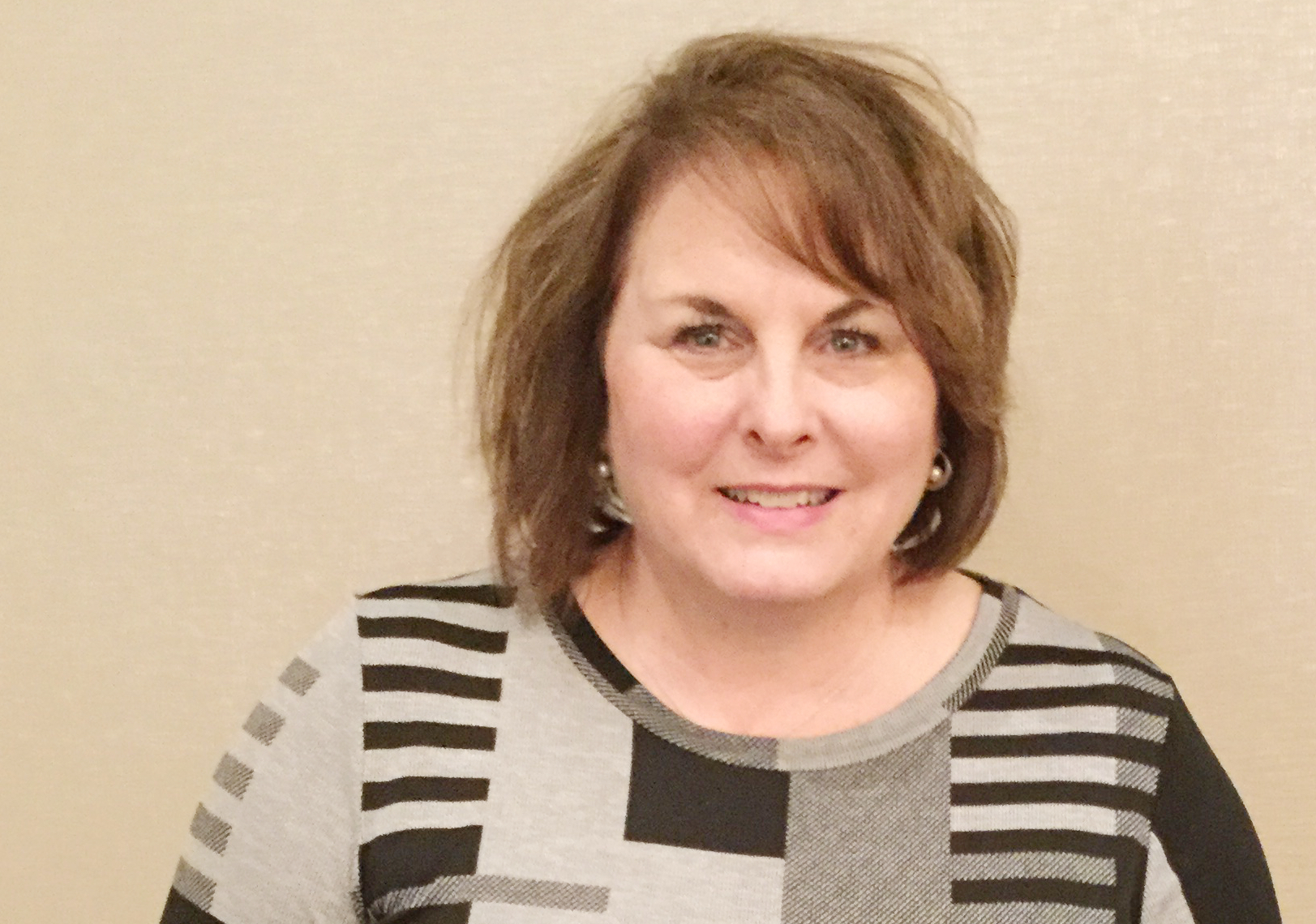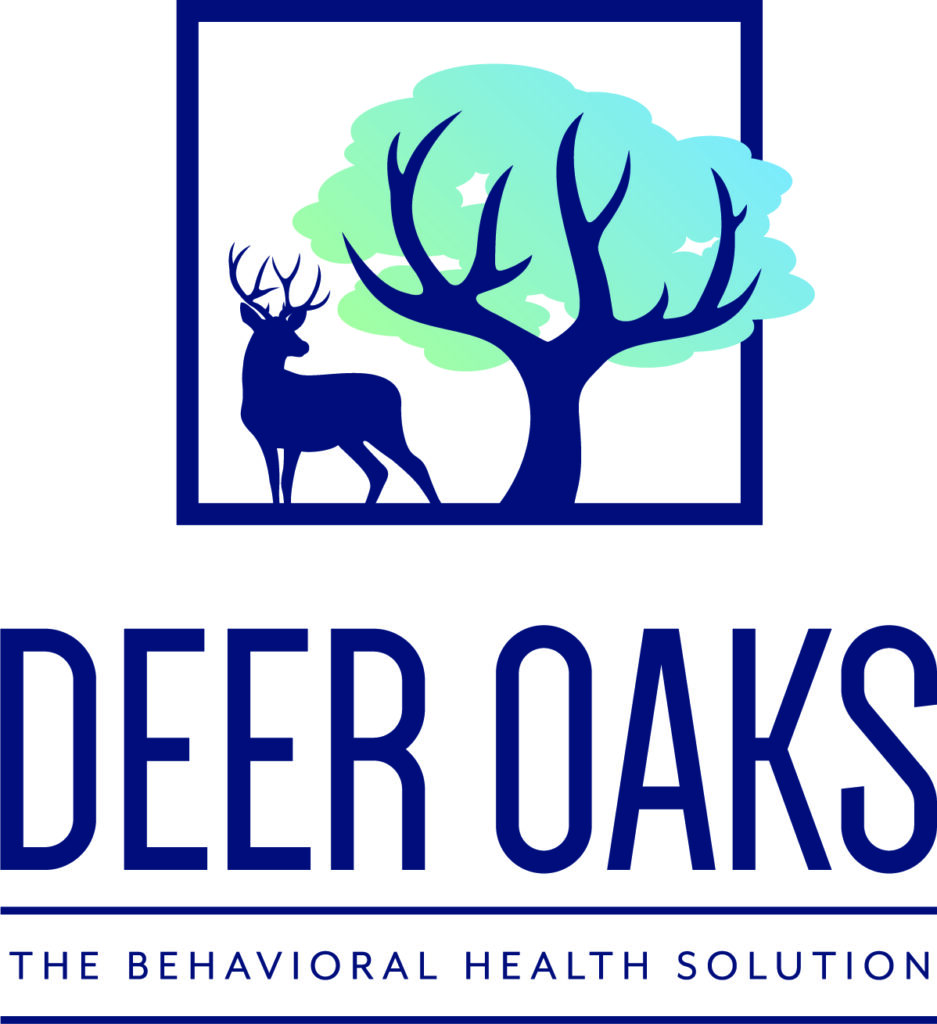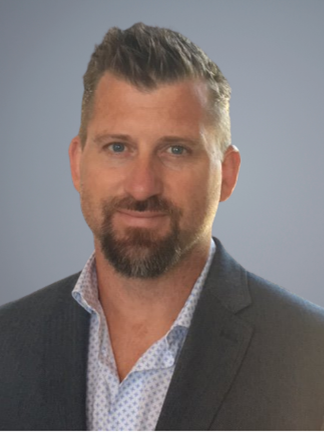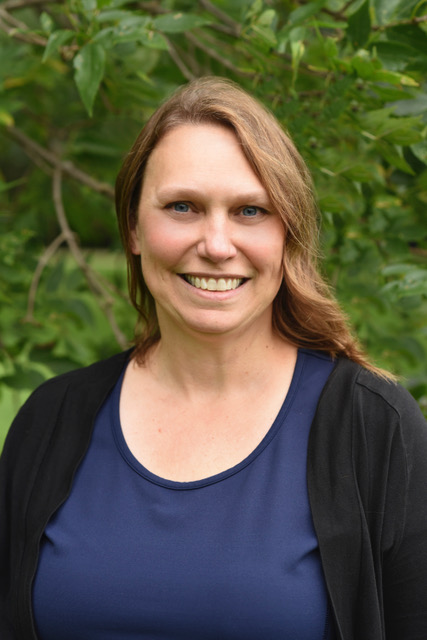Before beginning graduate school in counseling psychology, I had been actively discerning the psychiatry route versus the psychology path. I have always been fascinated with the biological aspects of mental health, but psychotherapy was (and remains) my first love. When I learned that virtually no psychiatrists still practice psychotherapy (and even fewer practice it as their primary treatment), I knew psychiatry was not the right fit for me. While I grieved being able to integrate prescribing into my practice, I foreclosed on that option and moved on.
While I was early in graduate school, I became aware that New Mexico and Louisiana had granted prescribing authority to psychologists. I am somewhat obsessive when it comes to reading about topics of interest, and I immediately read any article, journal, or book I could find on prescribing psychology (commonly abbreviated RxP). The more I learned, the more interested I became. I even wrote a paper in my Ethics course on the topic, considering the implications for professional identity and ethical practice.
Fast forward to 2006, when my road to RxP really took off. I was delighted to learn that my program would be offering an introductory psychopharmacology course Summer 2006, and I signed up. I was eager to learn all I could to build on the fledgling interest in health psychology I had already been developing through my work at the Student Health Center and coursework. I’m reasonably sure that most of my classmates took the class to fulfill their biological basis of behavior requirement, but I was enamored with the content!
I began to dream about the possibility that Iowa might one day follow suit, and read everything through IPA on the subject that came out over the listserv. I participated in the IPA 2008 survey on RxP, and attempted to offer some small support to the three psychologists who were really doing the major work. (It’s worth taking this opportunity to offer a BIG thank you to Bethe Lonning and Brenda Payne!)
When I learned IPA had worked to get RxP legislation introduced, I was so excited and hopeful. Here was my chance to resurrect the interest I had foreclosed on when I decided to become a psychologist…boy was I naïve! I learned over several years that the legislative process was arduous, and that our efforts were not as universally supported as it seemed logically (to me at least) they should be.
Then 2016 happened. In April 2016, when the Iowa House passed the most recent version of the RxP bill, I felt like I was holding my breath. I remember trying to tell myself not to get my hopes up; the Senate still had to approve the revisions and the governor (Branstad) had to sign off. I kept checking the IPA listserv for any updates, and read every email. I can still remember where I was when I read that fateful email after 9 PM on May 27th. I was brushing my teeth before bed that night, and I saw the forward from Bethe that Governor Branstad had signed the bill into law! My poor wife was awakened by her over-excited husband, and we started talking about what this might mean for my career and our family. We agreed that this was something that could mean a lot (she’s an L.I.S.W. so she understands the trouble with psychiatric access better than most), and I applied to the Fairleigh Dickinson University Program after Bethe was kind enough to spend some time on the phone giving me some guidance and coaching.
I started the program in August 2016, and was fortunate to receive the APF Walter Katkovsky Scholarship to support psychopharmacology training (another “thank you” to Bethe for her support and her letter). The program was challenging, fascinating, and required a lot of sacrifice from my family. During my time in the program, I was diagnosed with Crohn’s, had two surgeries, started biologic treatment (which I unfortunately understood well enough to be pretty anxious about…one downside of the basic medical knowledge the program had provided), had our second daughter, and went through a major job transition for my wife when her clinic was closed. This last event led me to delay my required clinical lab training week for another year (but I was fortunate to meet a then-colleague from Colorado and our now blog editor, Dr. Katie Kopp), and I graduated the program officially in February 2019.
Now able to start the practicum/preceptorship, I sent out letters, emails, phone calls, and met with anyone I could to seek a placement. My hope to work with my Center’s psychiatrist had fallen flat with the administrative rules specifying board-certification was required (in family medicine, internal med, peds, neurology, or psychiatry), so I reached out to psychiatrists and family medicine providers first. While I was eventually able to start working with my own primary care physician, I learned that being near the Des Moines Metro (with all the psychiatrists that implies) was not the benefit I had hoped. Many psychiatrists did not respond, some few responded with professionally-worded encouragement where I could stick this whole idea, some few responded with willingness but without time, a couple gave me the contact of others they thought might be willing, and one said YES…and then the pandemic closed down his hospital’s training program! So, after a break when MercyOne closed their preceptorships down for several months, I resumed working with my own PCP, who has been great! I would encourage anyone thinking about seeking a preceptorship to give thought to family practice physicians (and maybe especially to D.O.s) who really seem to get why this is helpful to patients and to family practice. I’ve learned a lot, and am still accruing hours and experience. I have been, a bit at a time, continuing to work on finding a psychiatrist or psychiatric setting to finish out my requirements, and I plan to take the revised Psychopharmacology Examination for Psychologists (PEP) as soon as I work up the courage (and the $850).
I have said, and will say again, that I encourage any psychologist to consider pursuing this training. IPA now has built relationships with New Mexico State to bring training to our psychologists, and it seems like a really solid option for CEs or for the postdoctoral master’s degree in clinical psychopharmacology. Whether or not you ever want to prescribe, I think the information is invaluable for improving collaboration with medical providers, and improving care for patients. I still hope to eventually prescribe, but I know that I’m a better psychologist regardless simply for having this training and knowledge. Much like the process of getting the legislation passed, this is a long road, but a worthwhile one.
 Iowa holds its place in psychology history as the fourth state to pass legislation that allows psychologists to prescribe medication after additional education and experiential training. The initial legislation was signed into law in 2016 and administrative rules were finalized in February 2019, which opened the door to begin licensing prescribing psychologists in Iowa.
Iowa holds its place in psychology history as the fourth state to pass legislation that allows psychologists to prescribe medication after additional education and experiential training. The initial legislation was signed into law in 2016 and administrative rules were finalized in February 2019, which opened the door to begin licensing prescribing psychologists in Iowa.










 My road to becoming a prescribing psychologist really started many, many miles ago when I was in graduate school. Even way back then, in the early 1990s, I found a class on psychopharmacology taught by a local psychiatrist fascinating and the information was very useful in my early practice. Fast forward to the 2000s, when IPA first had members interested in pursuing advocacy for prescriptive authority. Through the years, I worked with Dr. Bethe Lonning and Dr. Greg Febbraro to advocate for the law granting us the right to prescribe medication with a limited formulary and additional training after our doctoral degrees. I completed the Farleigh Dickinson University Master of Science in Clinical Psychopharmacology (MSCP) program, graduating in 2011. I passed the Psychopharmacology Examination for Psychologists (PEP) in 2012. It would seem like that’s where my road would end, at a happy RxP place- but no! After helping to pass the legislation granting prescriptive authority for psychologists in Iowa in 2016, it took three years for us to negotiate rules to support the law with the Board of Medicine. The rules were not finalized until 2019, meaning that my 5-year window from the time of graduation to the time to apply for a conditional license was already passed.
My road to becoming a prescribing psychologist really started many, many miles ago when I was in graduate school. Even way back then, in the early 1990s, I found a class on psychopharmacology taught by a local psychiatrist fascinating and the information was very useful in my early practice. Fast forward to the 2000s, when IPA first had members interested in pursuing advocacy for prescriptive authority. Through the years, I worked with Dr. Bethe Lonning and Dr. Greg Febbraro to advocate for the law granting us the right to prescribe medication with a limited formulary and additional training after our doctoral degrees. I completed the Farleigh Dickinson University Master of Science in Clinical Psychopharmacology (MSCP) program, graduating in 2011. I passed the Psychopharmacology Examination for Psychologists (PEP) in 2012. It would seem like that’s where my road would end, at a happy RxP place- but no! After helping to pass the legislation granting prescriptive authority for psychologists in Iowa in 2016, it took three years for us to negotiate rules to support the law with the Board of Medicine. The rules were not finalized until 2019, meaning that my 5-year window from the time of graduation to the time to apply for a conditional license was already passed.